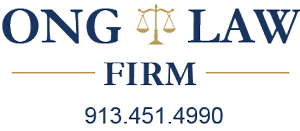Most people have two types of creditors at the time of death. One type is regular day-to-day expenses such as utility bills and property insurance. The other type is creditors asserting claims against a decedent’s estate for debts or obligations incurred during lifetime. These lifetime creditors are often known to a family, executor, or Trustee and can be addressed without controversy. At other times, however, creditor claims might be “unknown” or contested. Both the Probate Code and Trust Code have procedures for dealing with creditor claims and cutting-off the time for unknown creditors to make a claim against an estate.
Advising a fiduciary on how best to deal with creditor claims is an important part of any probate or Trust administration. One of the major creditors against an estate can be the IRS or State tax authorities. Our firm can work closely with a family’s existing accountant or tax preparer or we can wrap tax planning advice into the scope of our representation. In most cases, we refer fiduciaries to other trusted tax professionals for the actual preparation of tax returns to save Estates and Trusts time and money.
Creditor claims can be contested for factual reasons based upon either the amount of the claim or the supporting documentation for the claim itself. There could also be legal challenges to a claim on the grounds of ineffective documents, a time limitations, improper parties, or other legal bar to recovery. A fiduciary’s job is to safeguard and preserve an estate or Trust to the fullest extent possible, dealing properly with creditor claims is a key part of that duty.

